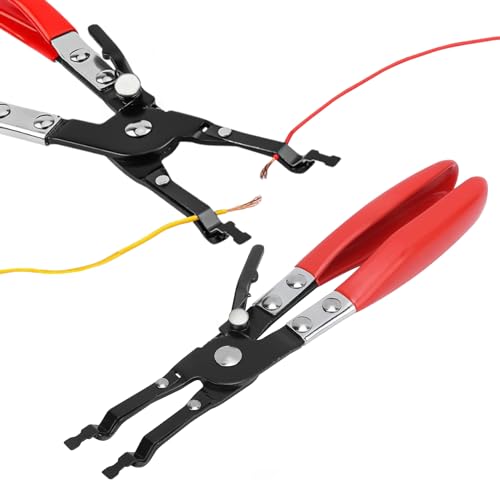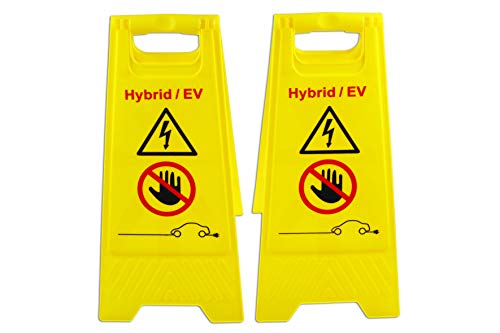PV1
Well-known member
If they simply replace each cell with a block of 18650 cells wired in parallel, and the blocks are wired in series like the existing cells are, then nothing should change except for an increase in capacity.
A box with the same dimensions as an LEV50 cell can fit 24 (possibly a few more) 18650 cells. Wire all of those cells in parallel, and the whole group will still be a 3.7 volt battery, but with ~80 Ah of capacity. Make 88 boxes of 18650 cells, and you now have the cell replacement for the LEV50 for the entire pack, giving the i-MiEV 26 kWh of capacity and 100+ miles of range (once the computer re-calibrates and opens up the additional capacity). The trick is using cells that can handle the amps drawn under full acceleration and quick charging, as well as adequately sinking the heat generated, especially on longer drives in the summer. Cell level fuses (like those used in Tesla modules) are also highly recommended.
A box with the same dimensions as an LEV50 cell can fit 24 (possibly a few more) 18650 cells. Wire all of those cells in parallel, and the whole group will still be a 3.7 volt battery, but with ~80 Ah of capacity. Make 88 boxes of 18650 cells, and you now have the cell replacement for the LEV50 for the entire pack, giving the i-MiEV 26 kWh of capacity and 100+ miles of range (once the computer re-calibrates and opens up the additional capacity). The trick is using cells that can handle the amps drawn under full acceleration and quick charging, as well as adequately sinking the heat generated, especially on longer drives in the summer. Cell level fuses (like those used in Tesla modules) are also highly recommended.























